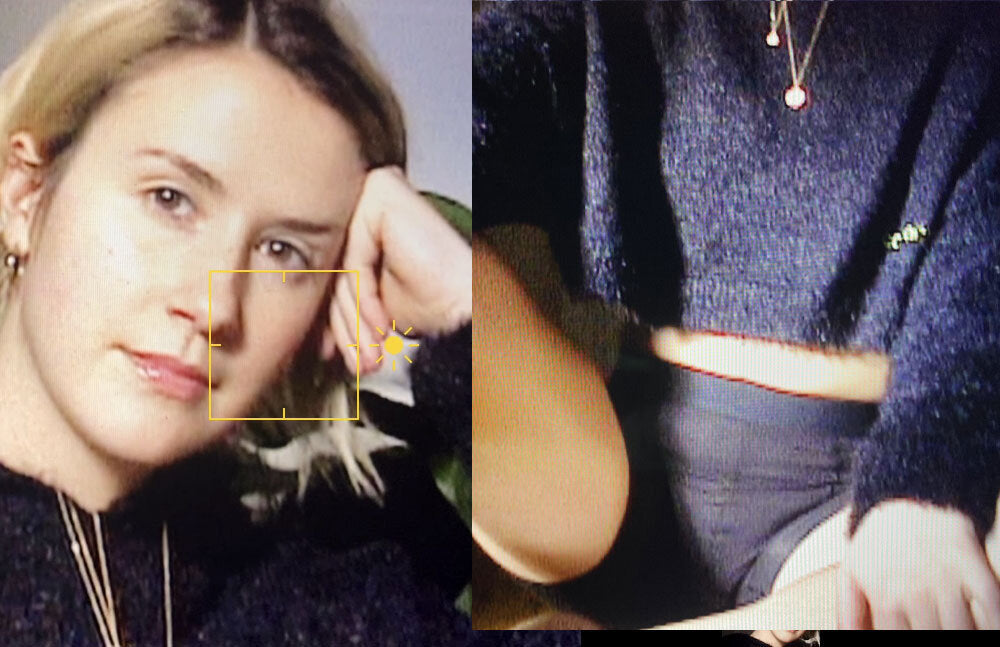Week 2: Find Self Compassion

Like any good friend, partner, or family member, you’ve been in a position where you’ve been an attentive listener, sharing nuggets of advice, and offering warmth when they needed it. You’ve probably been in a place where you’ve empathized with their difficult situation and did your best to help them feel better by validating their experiences. But, how do you treat yourself when you’re struggling?
It’s hard to heal without compassion. If we’re not learning how to make the effort to understand and support ourselves and those around us - the types of relationships that lack compassion for one another can easily become toxic or draining. Showing self-compassion means you’re looking at yourself without judgment and criticism. We all make mistakes and we don’t always show up in life in the perfect way we want. This article breaks self-compassion into three elements: self-kindness vs. self-judgment, common humanity vs. isolation, and mindfulness vs. over-identification. Each element makes up self-compassion and may even give you some ideas on how to practice it.
As you start to bring more compassion into your personal life, you’ll find yourself taking steps (whether it be mentally or externally) in forgiving yourself for anything you’ve listed out in your apology letter from last week. If you haven’t written yourself one, it’s not too late. This is not a linear process, expect to go back to stages if need be or dive deeper through more research or professional help.
Need some more activities to boost your self-compassion skills, check out this article.





Leave a comment
This site is protected by hCaptcha and the hCaptcha Privacy Policy and Terms of Service apply.